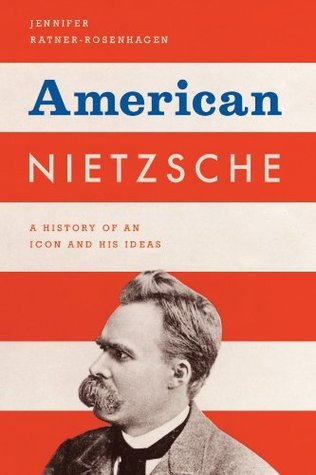Rorty persistently emphasized the epistemological affinities among Nietzsche, James, and Dewey.91 In doing so, he presented a thoroughly heimatlosen Nietzsche, and thus a cosmopolitan pragmatism, both of which eluded national distinctions between “us” and “them,” “organic” thought and “foreign ideas,” “American” and “Continental” antifoundationalism.
Welcome back. Just a moment while we sign you in to your Goodreads account.


